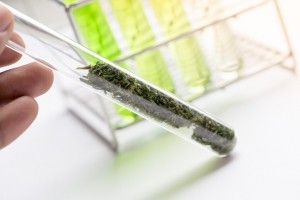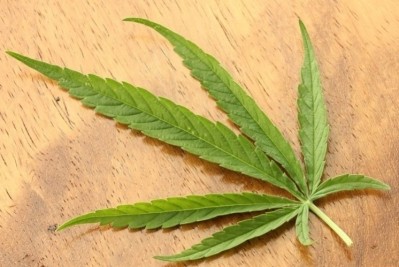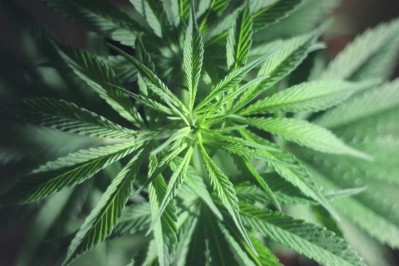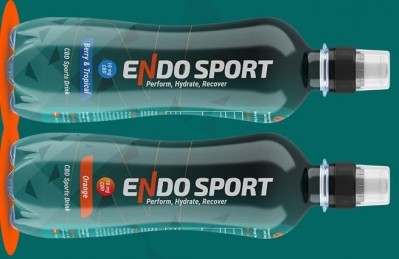SPORTS NUTRITION SUMMIT 2019
CBD and sports nutrition: Summit to shine light on legal wrangling deciding ingredient’s future
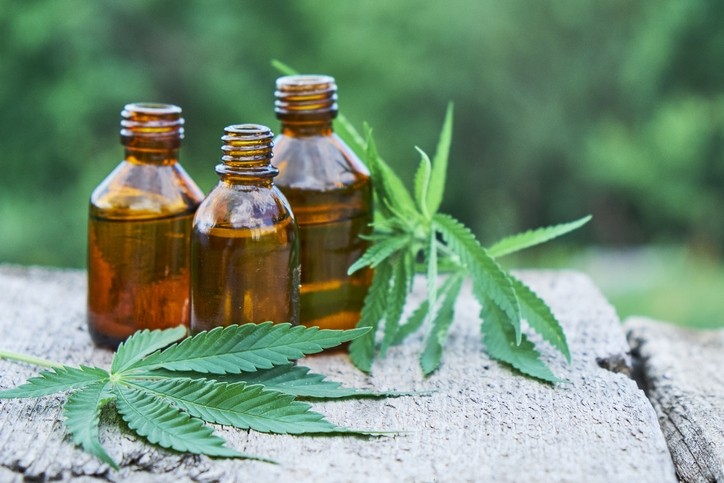
This year the team welcomes back a familiar face to this year’s proceedings as Luca Bucchini, vice-chair of the European Specialist Sports Nutrition Alliance (ESSNA), takes to the stage in Amsterdam.
Bucchini’s background as co-founder of food and cosmetics consultancy, Hylobates, and member of Italy’s Ministry for Health working group on health claims, ideally places him to discuss the difficulties in agreeing pan-European CBD regulation.
“I do not think this is just an EU problem,” he begins. “Just look across the Atlantic, and you can see how difficult it is for the Food and Drug Administration (FDA) to regulate CBD, despite the US being a single federal country unlike the EU.
“There is a demand for CBD, a lot of supply, a lot of potential in different areas from medicinal use to well-being, scientific questions, and - perhaps most importantly - it is sourced from cannabis.”
The Hemp Farming Act
Echoing the inconsistencies of EU CBD regulation, the US recently passed The Hemp Farming Act, approved as part of the 2018 Farm Bill, permitting the use of CBD derived from hemp.
However, the bill still contains an Investigational New Drugs (INDs) clause that forbids the inclusion of CBD in dietary supplement, foods and beverages.
Despite the confusion, many industry observers agree that the US has made some headway in agreeing a CBD consensus of sorts, providing a framework, which the European Food Safety Authority (EFSA) could take note from.
“I think that if the FDA becomes confident that CBD is safe in supplements because it has seen sufficient data, then the same data are likely to be seen by EFSA, and conclusions will be probably similar. The politics is as difficult in the US as in the EU,” Bucchini says.
He goes on to describe the restrictive approach some Member States have in anything derived from cannabis, even hemp.
“A novel food authorisation would probably overcome such problems, as long as the issue of THC is resolved, with better quality and with a maximum level as a contaminant set.”
“If it is possible for CBD to move away from the broader cannabis debate, the greatest concern is perhaps now with data that would be reassuring to authorities.
“A specificity of the EU is that some Member States prefer an "ivory tower" approach when they oppose something in principle even if in practice it is all over the place, being happy to proclaim it is not compliant; the US FDA is somewhat less prone to this approach,” Bucchini adds.
He adds that hopefully the Commission and the majority of Member States will prioritise effective consumer protection.
Bucchini says that if CBD is found not to be safe, it should be removed from the market place. If it safe, a legal path to the market needs to be found within existing laws.
CBD as a Novel Food
February saw the EU make the first tangible move, reclassifying CBD as a Novel Food and signifying to CBD and hemp-derived food supplement makers its products could not be sold legally within Europe.
The Sports Nutrition Summit, brought to you by NutraIngredients is back for a second year!
Bringing together industry and research professionals in the active and performance nutrition space, the Sports Nutrition Summit aims to bridge the gaps between cutting edge science, business strategy and key regulatory developments to shine a light on the key consumers in the sports and active nutrition industry, and what you can do to meet their needs.
Challenging you to know your market the 2019 programme will explore the latest scientific and product developments across the consumer spectrum - looking at active sports nutrition consumers by category, life stage and by geography.
Whilst not an official ruling the recently-added submission reverberated around the region with Sweden's Supreme Court classifying industrial hemp-derived CBD oil containing any amount of the psychoactive compound tetrahydrocannabinol (THC) as a drug.
Meanwhile Italy’s Supreme Court followed suit ruling the sale of all cannabis derivatives such as oils, resins, buds and leaves as illegal in a decision that in principle outlawed sales of ‘cannabis light’ products.
At the time, Bucchini, an expert in Italian food and supplement law said, “CBD oil at this time is an unauthorised novel food in any case, but in Italy non-compliance may result in criminal proceedings as well on top of infringement of novel food legislation.
“A solution may come only after an acceptable THC level is set by EU contaminant legislation, and a novel food authorisation is granted. Till then, there are no legal certainties.”
Fast forward to today and Bucchini’s view of CBD as a Novel Food is “a typical situation where the novel food regulation appears well-suited for vetting a new substance.
“I do not think there is evidence that isolated CBD is not novel,” he says. “On the other hand the sudden classification of all cannabis extracts, other than seed derivatives, as novel was a bit rushed.
“Though I have not seen the evidence, those claiming that some extracts had been used in food before 1997 might deserve a fairer hearing.
“It is always a bit odd that something suddenly becomes novel in 2019, when it was not considered so before - there is some explaining to do.
“But this does not affect CBD oil. It is too pure and isolated to claim traditional use before 1997.
CBD and sports nutrition
Looking forward to Bucchini’s presentation in September entitled “New ingredients – what are the latest regulatory updates relating to new ingredients such as CBD?” the prospect of CBD’s use in sports nutrition provides a focal point for the talk, in which its inclusion brings up a number of issues.
“I think athletes are looking at CBD for help with stress, relaxation, and with mild pain during recovery,” he says.
“If proven effective, compliant and safe for athletes, it could have a role. Compliance includes anti-doping rules.
“Currently WADA has de-listed CBD, but not THC and other cannabinoids. Most CBD oil in the market is not free of THC, as many studies have shown and as prominent athletes in the US have found.
“Also, there is no cut-off value for other cannabinoids when biological samples from athletes are tested, so there is no compliant CBD oil at this stage from an antidoping perspective at this time,” Bucchini adds.
“But even when this is solved, there is still limited evidence to support use, and questions on safety of long term used, as raised by the FDA, remain, especially in reference to liver toxicity. We would also need to consider quality issues - the quality of CBD oil appears to be poor in most cases.”

